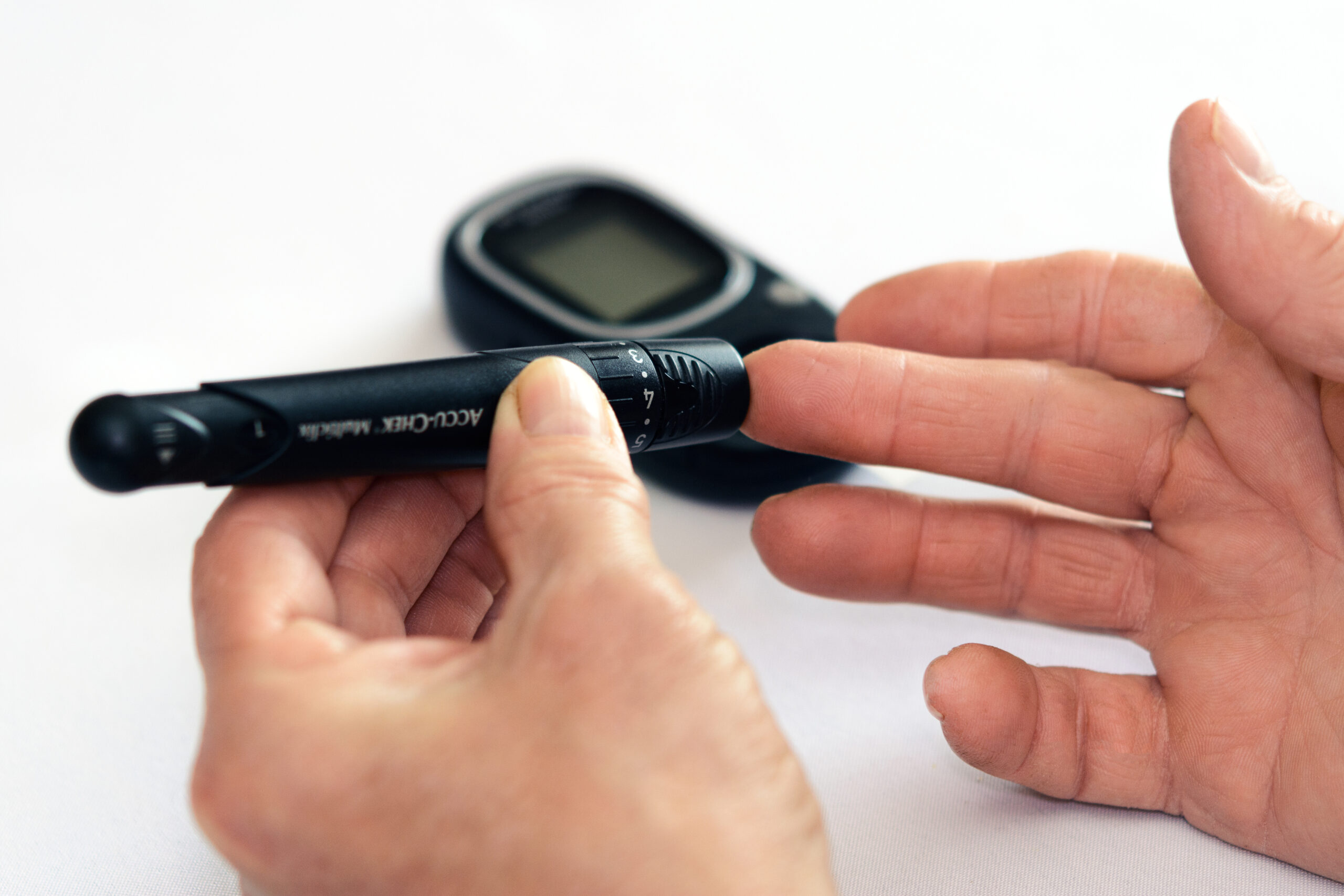What is diabetes?
Title: Understanding Diabetes: A Comprehensive Overview
Introduction:Diabetes is a chronic condition that affects millions of people worldwide. It occurs when the body is unable to effectively regulate blood glucose levels, leading to elevated sugar levels in the bloodstream. In this blog, we delve deeper into the various types of diabetes, their causes, symptoms, and available treatment options.
Types of Diabetes:There are primarily three types of diabetes – type 1, type 2, and gestational diabetes.
1. Type 1 diabetes: This condition is often diagnosed in childhood or adolescence and is characterized by the body’s inability to produce insulin, a hormone essential for blood sugar regulation. Individuals with type 1 diabetes require lifelong insulin therapy to manage their blood glucose levels.
2. Type 2 diabetes: The most common form of diabetes, type 2, is often associated with lifestyle factors such as poor diet, sedentary lifestyle, and obesity. Unlike type 1 diabetes, individuals with type 2 diabetes either do not produce enough insulin or become resistant to its effects. Treatment options for type 2 diabetes include lifestyle modifications, oral medications, injectable therapies, or a combination of these.
3. Gestational diabetes: Occurring during pregnancy, gestational diabetes affects some women who have never experienced diabetes before. If not managed properly, gestational diabetes can increase the risk of complications for both the mother and the baby. It can usually be controlled through dietary changes, exercise, and sometimes, insulin therapy.
Causes and Risk Factors:Although the exact causes of diabetes vary depending on the type, there are common risk factors associated with its development:
1. Genetics: A family history of diabetes can increase an individual’s susceptibility to the condition.
2. Obesity: Being overweight or obese significantly raises the risk of developing type 2 diabetes.
3. Sedentary Lifestyle: Lack of physical activity contributes to the development of diabetes as it affects insulin sensitivity.
4. Unhealthy Diet: Consuming excessive amounts of sugar, refined carbohydrates, and processed foods can contribute to insulin resistance and type 2 diabetes.
5. Age and Ethnicity: The risk of diabetes generally increases with age, and certain ethnic groups, such as African-Americans, Hispanics, and Native Americans, are more prone to developing the condition.
Common Symptoms:The symptoms of diabetes may vary depending on the individual and the type of diabetes they have. However, some common symptoms include:
1. Frequent urination2. Increased thirst3. Unexplained weight loss4. Fatigue and weakness5. Slow wound healing6. Blurred vision7. Tingling or numbness in the hands or feet
Diagnosis and Treatment:A diabetes diagnosis is typically confirmed through blood tests, such as fasting blood sugar and HbA1c levels. Once diagnosed, treatment plans are tailored to each individual, with an emphasis on managing blood glucose levels effectively. Treatment options include:
1. Medications: Depending on the type of diabetes, oral medications or insulin therapy may be prescribed to help regulate blood sugar levels.
2. Lifestyle Modifications: Adopting a healthy lifestyle is crucial in managing diabetes. This includes regular physical activity, a balanced diet, weight management, and stress reduction.
3. Blood Sugar Monitoring: Regular monitoring of blood glucose levels allows individuals to make necessary adjustments to their treatment plan and lifestyle choices.
4. Diabetes Education: Learning about diabetes empowers individuals to take control of their health. Diabetes education programs provide valuable information on nutrition, medication management, and self-care.
Conclusion:Diabetes is a complex condition that requires careful management and attention. By understanding the different types, causes, symptoms, and treatment options, individuals can make informed decisions to lead a healthy and fulfilling life. Remember, early detection, proper medical care, and healthy lifestyle choices are key in effectively managing diabetes and minimizing its complications.



